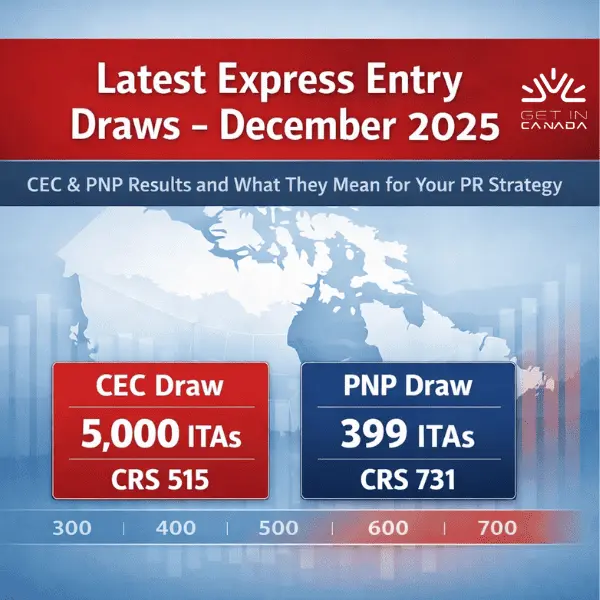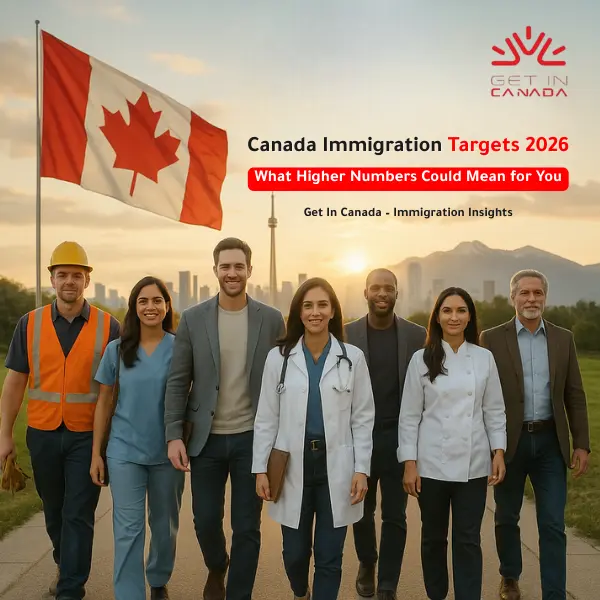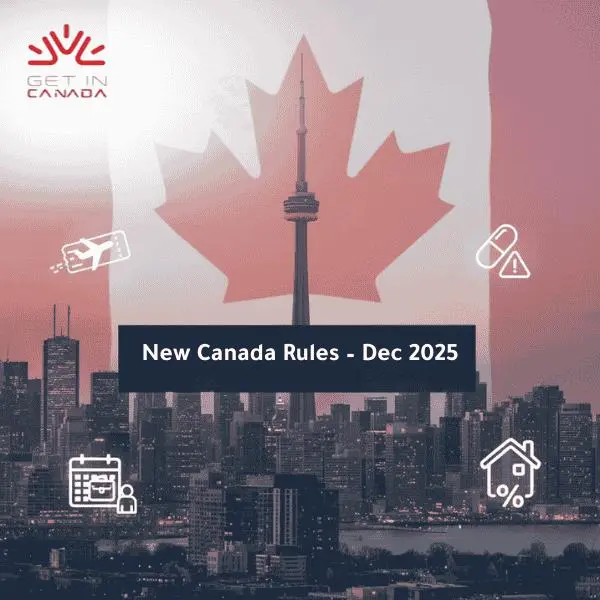Canada Ends “Flagpoling” for Post-Graduation Work Permits
In a recent move aimed at streamlining immigration processes and bolstering border security, Canada has implemented significant changes to the application procedures which is to end “Flagpoling” for Post-Graduation Work. Effective immediately, foreign nationals are no longer able to apply for a PGWP at the border, marking an end to the practice known as “flagpoling.”
What is Flagpoling in Canada?
Flagpoling is the practice of temporarily leaving Canada and returning the same day to receive expedited immigration services without going through the standard online application process. This has been a well-liked alternative for people who need to find out their employment or study visa status right away. It has, however, come at a price: heavy reliance on border resources, traveller delays, and interference with the smooth passage of people and products over Canada–US border.
Recent data indicates that flagpoling steps were primarily made by PGWP applicants alone, highlighting the need for a more organized and long-term approach to immigration procedures.
Temporary residents in Canada often use flagpoling at the border to access various immigration services. This method allows them to avoid long processing times with IRCC (Immigration, Refugees and Citizenship Canada).
Services accessed include:
- Soft landings for granting temporary residents permanent status.
- Formal verification of permanent residency by crossing the border and returning.
- Renewal of permits.
- Obtaining new work or study permits.
- Extending their status as temporary residents.
Find out if you are eligible to get in Canada →
Canada’s Reactions? Ceasing PGWP at the borders
The choice to stop accepting PGWP applications at the border is an important part of Canada’s larger plan to speed up and modernize the immigration system. While Canada appreciates the contributions made by overseas graduates, Minister of Immigration, Refugees and Citizenship Marc Miller stressed that flagpoling compromises the effectiveness of immigration services and takes border officers away from vital security and enforcement responsibilities.
While we continue to support and recognize the contributions of international graduates to Canada’s labour market, ‘flagpoling’ is unnecessary. The time and effort required to process applications from ‘flagpolers’ takes officers on both sides of the border away from their crucial role in protecting the safety, security,and prosperity of Canadians and Americans. This measure will help prevent this practice while maintaining the integrity of our immigration system.”
– The Honourable Marc Miller, Minister of Immigration, Refugees and Citizenship

Effects on Immigration Policy and Applicant
This decision has pros and cons at the same time. For prospective applicants, especially international graduates, the shift away from border applications has a positive impact by giving students the opportunity for an on online submission procedures. Under the new regulations, individuals eligible for a PGWP are encouraged to apply online before their study permits expire. This approach allows them to continue working full-time while awaiting approval, with the work permit being mailed directly upon approval.
Moreover, recent enhancements in processing times for in-Canada work permit applications and simplification of online forms aim to further support applicants in navigating the immigration system efficiently.
While the cons include:
- Eliminated convenience: Applicants are no longer able to take advantage of the accelerated, same-day processing option provided by flagpoling at the border. They will have to wait for regular processing timeframes and submit their applications electronically.
- Possible holds-up: Applicants may have delays in receiving their PGWP compared to the flagpoling approach, depending on current processing schedules.
To sum up, Canada’s move to stop accepting border applications for PGWPs represents a turning point in its immigration policy. By taking action against flagpoling, the government confirms its commitment to fairness and honesty in immigration processes while simultaneously enhancing border security and operational efficiency.











